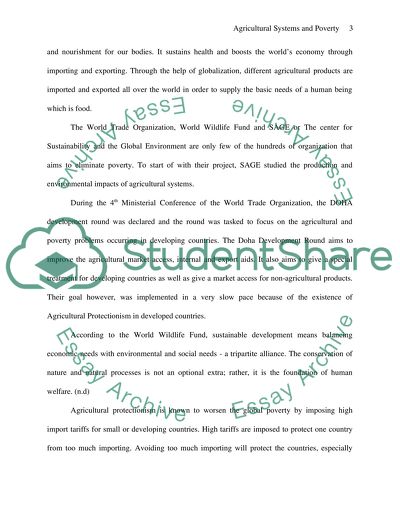Cite this document
(“Agricultural Systems and Poverty Assignment Example | Topics and Well Written Essays - 2250 words”, n.d.)
Agricultural Systems and Poverty Assignment Example | Topics and Well Written Essays - 2250 words. Retrieved from https://studentshare.org/sociology/1516226-agricultural-systems-and-poverty
Agricultural Systems and Poverty Assignment Example | Topics and Well Written Essays - 2250 words. Retrieved from https://studentshare.org/sociology/1516226-agricultural-systems-and-poverty
(Agricultural Systems and Poverty Assignment Example | Topics and Well Written Essays - 2250 Words)
Agricultural Systems and Poverty Assignment Example | Topics and Well Written Essays - 2250 Words. https://studentshare.org/sociology/1516226-agricultural-systems-and-poverty.
Agricultural Systems and Poverty Assignment Example | Topics and Well Written Essays - 2250 Words. https://studentshare.org/sociology/1516226-agricultural-systems-and-poverty.
“Agricultural Systems and Poverty Assignment Example | Topics and Well Written Essays - 2250 Words”, n.d. https://studentshare.org/sociology/1516226-agricultural-systems-and-poverty.


